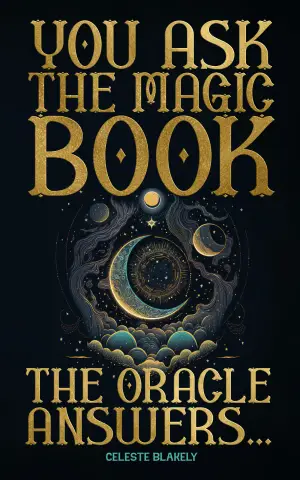I recently finished “9 Steps to Build a Life of Meaning” by Rick Walker, a book that promises more than just the typical self-help platitudes. I’m always on the lookout for motivational literature, especially those with practical, actionable advice, so this title caught my eye right away. The intriguing premise of finding one’s purpose and impact in a chaotic world resonated deeply with me, and I couldn’t wait to dive in.
From the outset, I appreciated Walker’s direct, no-nonsense approach. He emphasizes that it’s not about more motivation or routines but about discovering real meaning and purpose. This book spoke to me, particularly because it feels tailored for individuals who know they are capable of more but might feel stuck. A sentiment echoed in the description: “You don’t need another routine. You need a reason.” Each chapter concludes with practical steps, ensuring you aren’t just reading but actively participating in your growth.
One thing I loved about the book is the concept of picking a “worthy enemy.” This idea serves as a powerful metaphor, pushing readers to identify an obstacle in their lives and aim to conquer it. The clarity this brings is outstanding—during my reading, I found myself reflecting on my own limitations and how I can focus my efforts on overcoming them.
However, not everything about my reading experience was flawless. Some readers have pointed out that the book can feel overly aggressive in parts. I can understand this perspective. Walker’s tactics can come across as confrontational, which might not resonate with everyone, especially those looking for gentler guidance. I personally appreciated this fire but can see how it could be perceived as a drawback for some.
Another noted con has been the somewhat prescriptive nature of the steps. While I found the actionable advice incredibly helpful, I can see how others might feel constrained by a formulaic approach to self-improvement. For me, it served as a robust framework, yet I can understand the desire for more fluid or personalized guidance.
Dr. Ben Carson’s praise of the book as “a profound, refreshing, and triumphantly hopeful way of thinking” reflects my own feelings. Walker’s blend of personal anecdotes with established philosophies gives the narrative authenticity that’s engaging throughout. His balance of mindsets geared toward actionable change rather than mere inspiration sets this title apart from many self-help books, which often venture too far into feel-good territory without offering substantial tools or strategies for improvement.
As someone who’s read a multitude of self-help and motivational books, I found “9 Steps to Build a Life of Meaning” refreshing in its intensity and focus on actionable results. Walker encourages readers to embrace discomfort and friction as catalysts for growth—a mindset many readers could benefit from.
In conclusion, I wholeheartedly recommend this book to anyone feeling lost or unfulfilled. If you’re ready to take a hard look at your life, confront the chaos around you, and come away with a concrete plan for change, this book is a must-read. It’s not just about feeling better; it’s about becoming better. Walker’s insights, crafted through his own life experiences, offer a roadmap that’s as clear as it is actionable. Grab a copy, invest the time, and embark on this journey; I promise you won’t regret it.








